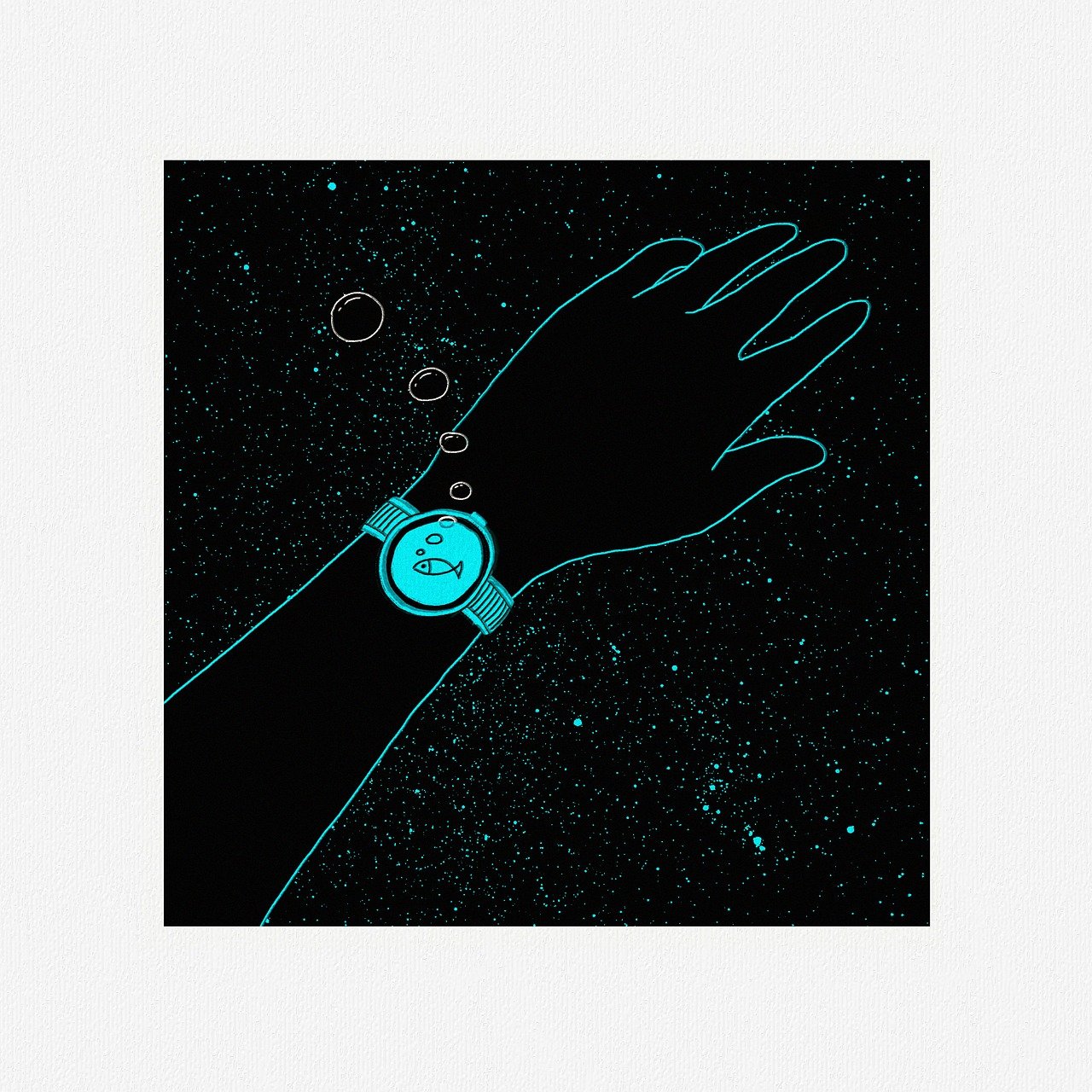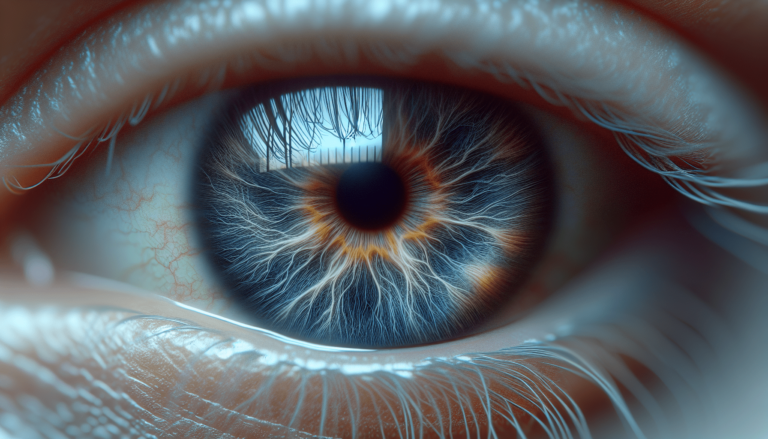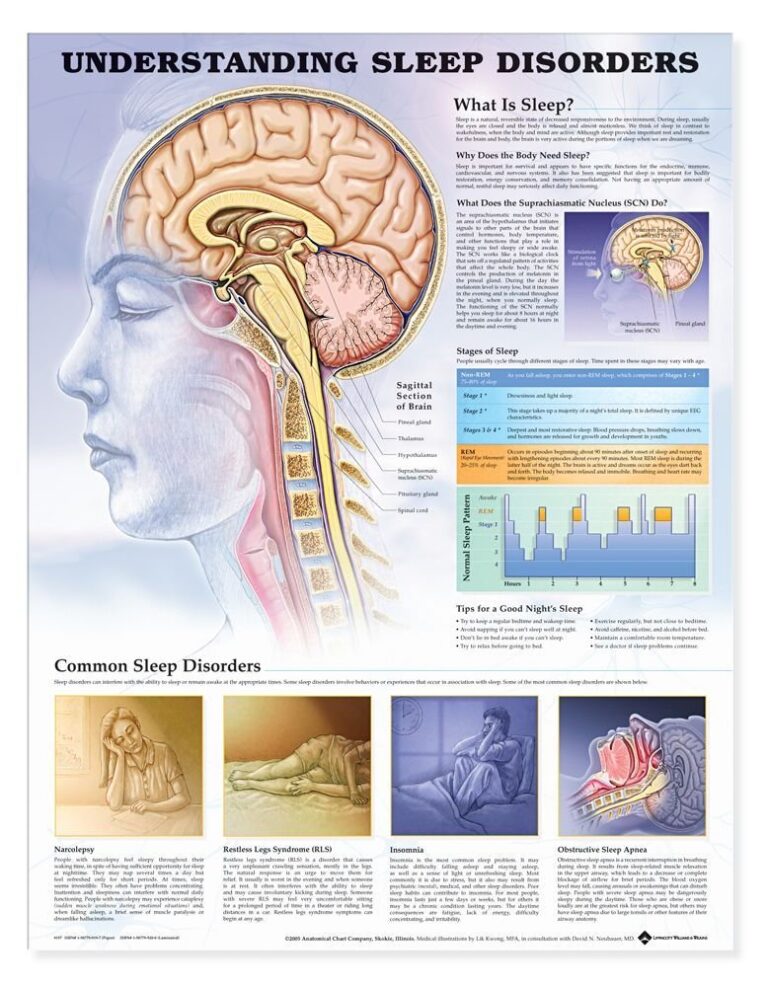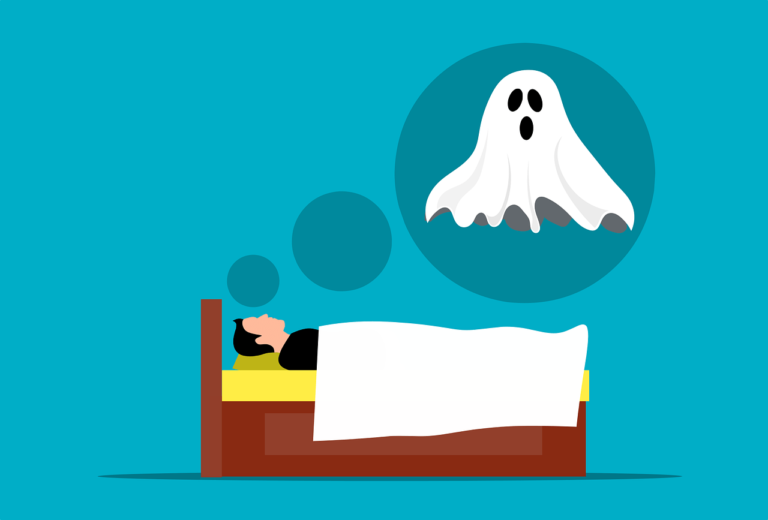Can Certain Medications Worsen Sleep Disorders?

Are you struggling with sleep and wondering if your medications could be making things worse? You’re not alone; this is a question asked by many who are troubled by sleep disorders and looking for answers. Sleep is essential for overall health, and when it’s disrupted, the impact can cascade through all facets of life. Let’s break down this topic to understand if certain medications might indeed worsen sleep disorders.
The Complex Relationship Between Medications and Sleep Disorders
Before we delve into specifics, it’s crucial to recognize that medications and sleep have a complex relationship. Many medications, while treating one condition, might have side effects that impact sleep negatively. These side effects can range from difficulty falling asleep to frequently waking up during the night.
Common Medications That May Affect Sleep
Here’s a comprehensive look at some common types of medications known to affect sleep:
| Medication Type | Common Medications | Effects on Sleep |
|---|---|---|
| Antidepressants | SSRIs (e.g., Fluoxetine), SNRIs (e.g., Venlafaxine) | May cause insomnia, restlessness, or vivid dreams |
| Beta-Blockers | Propranolol, Metoprolol | This can lead to insomnia and nightmares |
| Stimulants | Adderall, Ritalin | Increases in alertness may cause insomnia |
| Corticosteroids | Prednisone, Cortisone | This can result in insomnia and mood swings |
| Decongestants | Pseudoephedrine, Phenylephrine | Often cause insomnia and restlessness |
Antidepressants
Antidepressants are among the most commonly prescribed medications that can disrupt sleep. While they manage symptoms of depression and other mood disorders, certain types, like SSRIs (Selective Serotonin Reuptake Inhibitors) and SNRIs (Serotonin and Norepinephrine Reuptake Inhibitors) are known to cause insomnia, restless sleep, or vivid dreams.
Beta-Blockers
Primarily used to treat high blood pressure, beta-blockers such as Propranolol and Metoprolol may affect sleep negatively. These medications can cause nightmares and difficulties in sleeping through the night.
Stimulant Medications
These medications are normally prescribed for ADHD (Attention Deficit Hyperactivity Disorder) and narcolepsy. Drugs like Adderall and Ritalin can significantly affect sleep, causing difficulty in falling asleep and reducing total sleep time.
Corticosteroids and Decongestants
Corticosteroids are often prescribed for inflammatory conditions, and while they are effective, drugs like Prednisone can interfere with sleep, leading to insomnia and mood swings. Over-the-counter decongestants used for colds, such as Pseudoephedrine, can also cause insomnia and restlessness.
Impact of Sleep Disorder Aggravation
When your sleep is disturbed due to medication, it can worsen existing sleep disorders such as insomnia, sleep apnea, or Restless Leg Syndrome. Each of these conditions has its unique challenges and requires different management strategies.
Aggravation of Insomnia
Insomnia involves difficulty falling asleep, staying asleep, or waking up too early. Medications that disrupt sleep can worsen these symptoms, leading to chronic insomnia.
Exacerbation of Sleep Apnea
Sleep apnea is characterized by repeated episodes of complete or partial obstructions of the upper airway during sleep. Certain medications might relax the muscles controlling the airway, worsening the obstructions and thereby exacerbating sleep apnea.
Worsening Restless Leg Syndrome
Restless Leg Syndrome (RLS) involves unpleasant sensations in the legs, often described as aching, throbbing, or pulling, which urge the sufferer to move their legs. Medications that affect dopamine levels can worsen RLS.
What You Can Do
If you suspect your medication is affecting your sleep, it’s crucial to speak with your healthcare provider. They may adjust your dosage, switch medications, or suggest timing changes to mitigate the effects.
Tips To Manage Medication-Induced Sleep Issues
- Maintain a consistent sleep schedule: Going to bed and waking up at the same time every day can help regulate your sleep patterns.
- Create a restful environment: Ensure your bedroom is dark, quiet, and cool.
- Avoid stimulants: Minimize the intake of caffeine and nicotine, especially before bedtime.
- Limit screen time: Reduce exposure to screens before sleep as blue light can interfere with melatonin production.
- Regular physical activity: Engaging in regular physical activity can improve sleep quality, but avoid vigorous exercise close to bedtime.
Where Expertise and Compassion Converge: Vector Sleep Diagnostic Center
At the Vector Sleep Diagnostic Center, your sleep health is in expert hands. Dr. Dmitriy Kolesnik leads a team of highly specialized professionals ready to help you with your sleep concerns.
About Dr. Dmitriy Kolesnik
With over two decades of experience, Dr. Kolesnik is triple-board certified in Sleep Medicine, Psychiatry, and Neurology. He started his journey in medicine at St. Petersburg Medical School in Russia and later honed his expertise in New York. His profound understanding of Sleep Medicine allows him to offer personalized care to each patient.
Comprehensive and Compassionate Care
Diagnostic Excellence
Having served as a Clinical Instructor in Neurology at Weill Medical College of Cornell University since 2004, Dr. Kolesnik continually keeps abreast of the latest research and treatment methodologies. This level of academic involvement significantly enriches the patient care approach at Vector Sleep Diagnostic Center.
Ethical Patient Care
Since becoming Medical Director in 2009, Dr. Kolesnik has led Vector Sleep Diagnostic Center in using cutting-edge technologies and evidence-based practices. The clinic’s staff, much like Dr. Kolesnik, is committed to providing effective and compassionate care tailored to each patient’s needs.
Services at Vector Sleep Diagnostic Center
Comprehensive Sleep Consultation
Your journey to better sleep begins with a comprehensive consultation. During this hour-long session, you will discuss your sleep history, lifestyle, and symptoms. This detailed evaluation helps the specialists at Vector understand your sleep patterns better.
Specialized Sleep Apnea Care
If you’re suffering from sleep apnea, Vector offers comprehensive services including CPAP Titration and Durable Medical Equipment (DME) Setup. This ensures you receive the most effective treatment tailored to your specific needs.
Tailored Insomnia Solutions
Vector Sleep Diagnostic Center takes insomnia seriously. Their specialized evaluations and treatments are designed to tackle the root causes of insomnia, allowing you to enjoy restful nights once again.
Follow-Up and Continuous Care
At Vector, sleep health is a lifelong journey. Their follow-up and continuous care programs ensure that your treatment remains effective and adapts to your evolving needs.
Educational Resources
Understanding your condition is half the battle. Vector Sleep Diagnostic Center offers various educational resources, including interactive workshops, informational brochures, online modules, and one-on-one counseling with sleep specialists.
Comprehensive Sleep Studies
Vector offers a range of sleep study options to fit your needs, such as overnight polysomnography, home sleep apnea tests, multiple sleep latency tests, maintenance of wakefulness tests, and specialized pediatric sleep studies.
Contact Us
If you’re experiencing sleep problems, contact Vector Sleep Diagnostic Center. Their dedicated team is ready to provide you with the highest standard of care:
- Address: 26, 62-60 99th St, Rego Park, NY 11374
- Phone: (718)830-2800
- Email: vectorsleep@gmail.com
Conclusion
Medications can indeed worsen sleep disorders, affecting the quality and quantity of your sleep. However, with proper management and expert guidance, you can mitigate these effects. At Vector Sleep Diagnostic Center, you have access to top-tier care led by experts like Dr. Dmitriy Kolesnik. Don’t let medication side effects ruin your sleep. Take the step towards better rest and improved quality of life by consulting the professionals at Vector Sleep Diagnostic Center.








